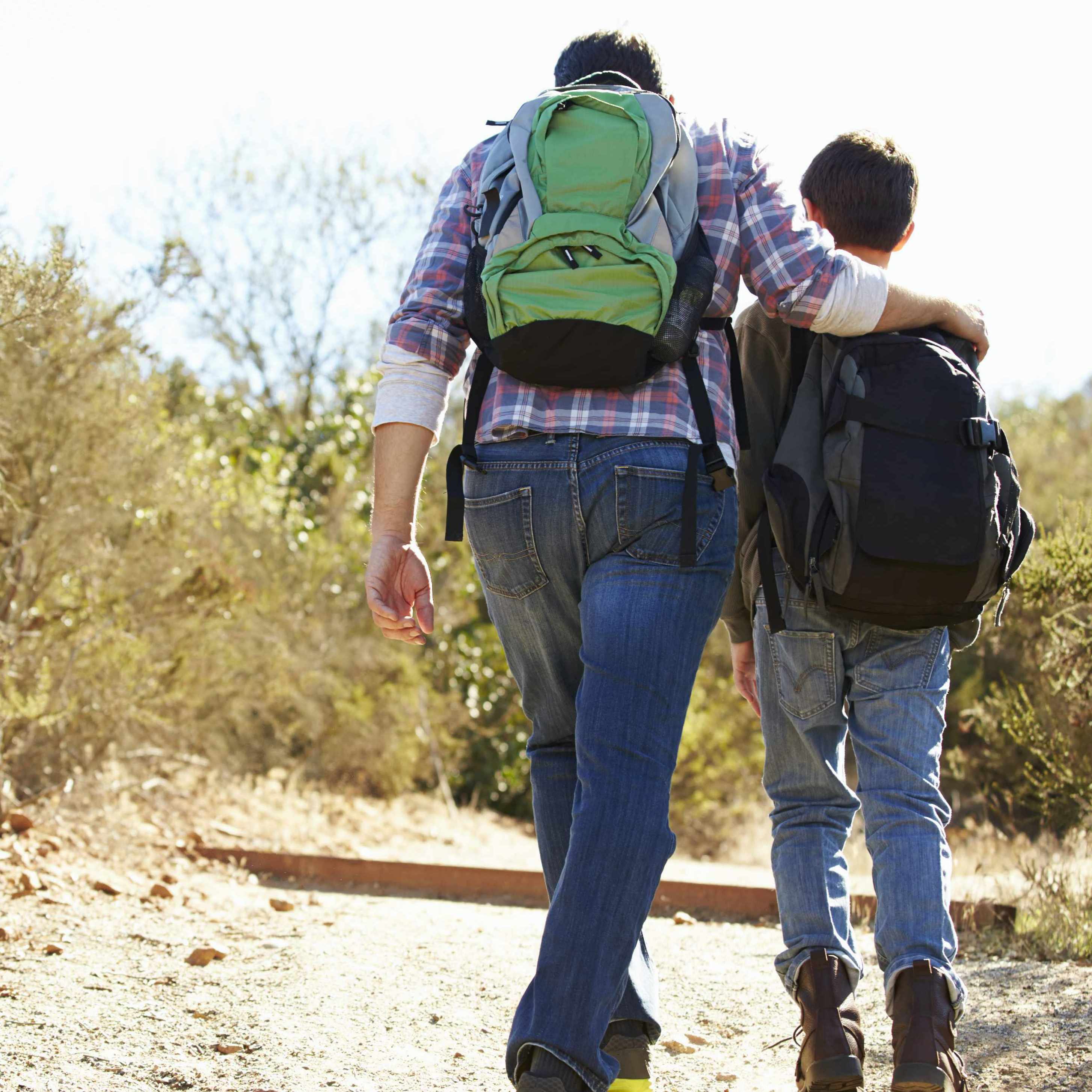A traditional American Thanksgiving meal often centers around a turkey. And unknowingly, an improperly cooked turkey can be contaminated with bacteria, like salmonella.
Most people recover on their own, but young kids, older adults and those with weakened immune systems are most likely to have complications from a salmonella infection, says Dr. Nipunie Rajapakse, a pediatric infectious diseases physician with the Mayo Clinic Children's Center.
With a few preventive measures, most foodborne illnesses can be easily avoided.
Journalists: Broadcast-quality video (1:04) is in the downloads at the end of this post. Please courtesy: "Mayo Clinic News Network." Read the script.
Your table is set. Guests are starting to arrive. And it's time to carve the turkey. The last thing anyone is thinking about is salmonella infection.
"Salmonella causes something called gastroenteritis. It can cause diarrhea, abdominal pain, vomiting, fever," explains Dr. Rajapakse.
If you are hosting the holiday, Dr. Rajapakse has a few tips to share.
"I don't recommend washing the turkey. That can actually not help you at all and can cause more bacteria to spread around your kitchen and potentially cross-contaminate other foods that you're preparing as well," she says.
That goes for any raw poultry or meat.
"Use a meat thermometer to make sure that the turkey reaches the adequate temperatures," says Dr. Rajapakse. "Usually, you want to check in a couple of different parts, like the breast and the thigh, to make sure that all of the meat is fully cooked through before you serve it."
It's fully cooked at 165 degrees Fahrenheit.
"One of the common things we see is if someone uses a cutting board, for example, to prepare their turkey, and then they don't wash it off before they start cutting vegetables or making other food on that," Dr. Rajapakse says.
Enjoy your holiday and keep salmonella off the guest list.
Related posts:
- Mayo Clinic Minute: Should you wash your raw meats and vegetables before cooking?
- Mayo Clinic Minute: Food recalls and sickness.
- Mayo Clinic Minute: What to do when sick with norovirus or ‘stomach flu’.
For the safety of its patients, staff and visitors, Mayo Clinic has strict masking policies in place. Anyone shown without a mask was recorded prior to COVID-19 or recorded in an area not designated for patient care, where social distancing and other safety protocols were followed.







